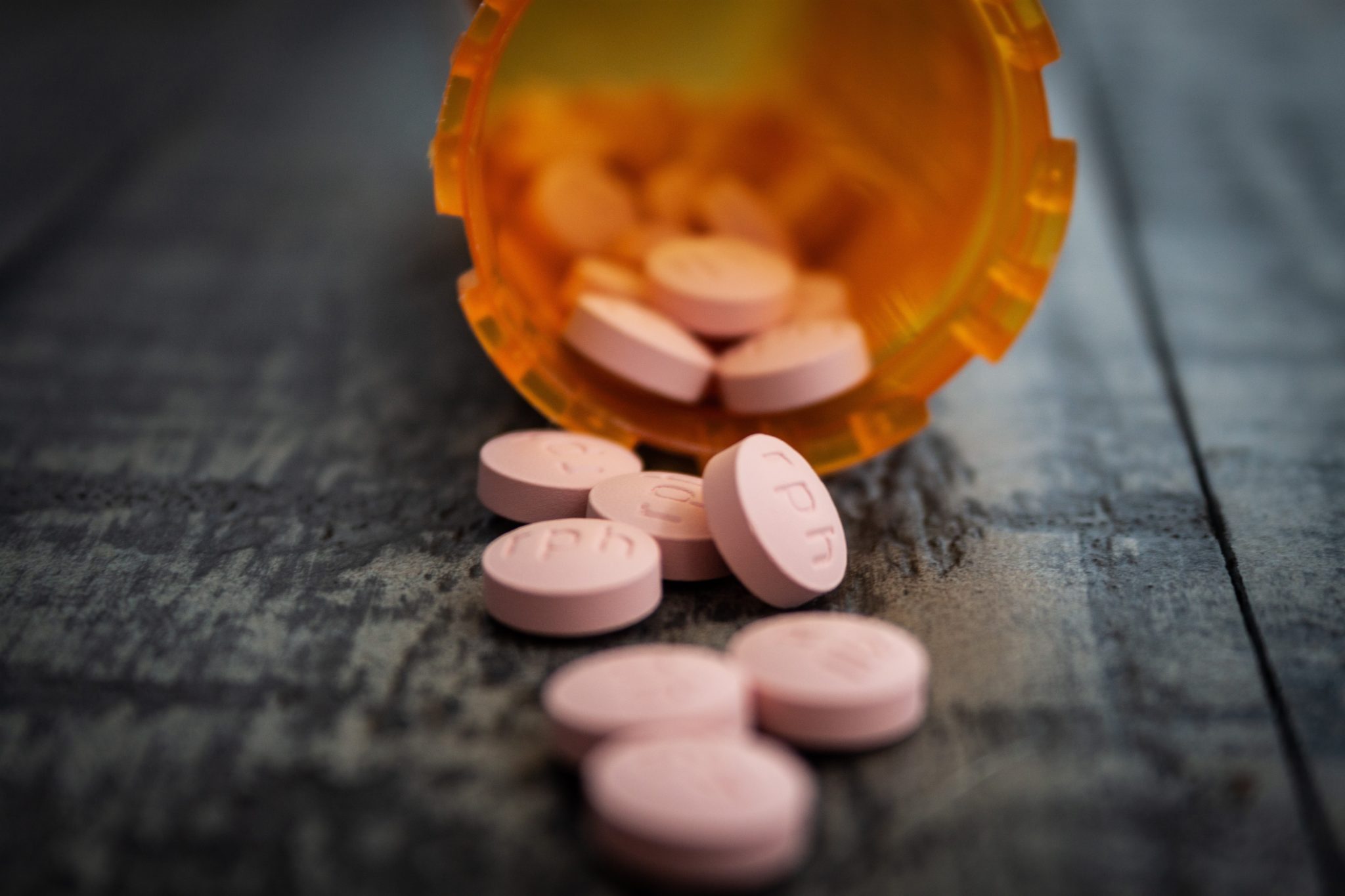
In addition to historical environmental due diligence objectives in healthcare, robust state and federal regulations have added a new layer of responsibility to healthcare providers. With environmental matters, in particular, healthcare facilities have a slew of responsibilities when it comes to the waste they generate. Healthcare waste includes everything from hazardous and non-hazardous pharmaceuticals to pathological specimens. Waste is encompassed in legal, environmental and regulatory matters found within the ethics of due diligence in healthcare.
What is Due Diligence?
Due diligence, according to the Merriam-Webster dictionary, is defined as “the care that a reasonable person exercises to avoid harm to other persons or their property.” Within healthcare, due diligence is the process of ensuring that all persons, including patients, staff and the community, are not adversely affected by the actions of the medical facility. This includes environmental matters, regulatory requirements, contractual agreements, and proper maintenance of assets.
Due Diligence & Waste
Within healthcare, there are a variety of waste streams that need to be focused on to ensure proper handling and disposal.
- Hazardous Waste: In healthcare facilities, environmentally hazardous pharmaceuticals and cleaning products are often used, and must be disposed of in a manner that prevents negative impacts on human health and the environment. These products can be flammable, like testosterone gel, or toxic, like warfarin.
- Biomedical Waste: Infectious materials like used sharps, pathological waste, and contaminated dressings are regulated by federal and state governments and must be disposed of by a qualified waste disposal company. This material, without proper handling, has the ability to infect persons handling the waste with life threatening illness.
- Non-Hazardous Pharmaceuticals: Pharmaceuticals that are not governed under hazardous waste definitions often pose an environmental risk not defined by the U.S. Environmental Protection Agency, and should be sent for incineration at an approved facility. For example, if hormones (such as birth control) are improperly disposed of, they often end up in waters affecting aquatic life or crops.
Contact the Professionals at Maine Labpack, Inc.
Questions about how to properly dispose of waste generated in healthcare facilities? The experts at Maine Labpack are here to help you. Contact us today!
